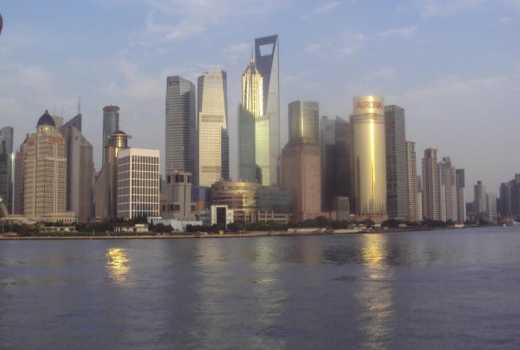×
The Standard e-Paper
Kenya’s Boldest Voice

A news item appeared in this newspaper on January 6, 2018. It was originally from BBC. It had a simple title, “China offers 10-year visas to ‘high end talent’.
When I shared it on WhatsApp groups, there were no comments, surprisingly. Yet, that was the most important news from China this year. It is more important that reporting that China might not buy US Treasury bonds or is building artificial islands.